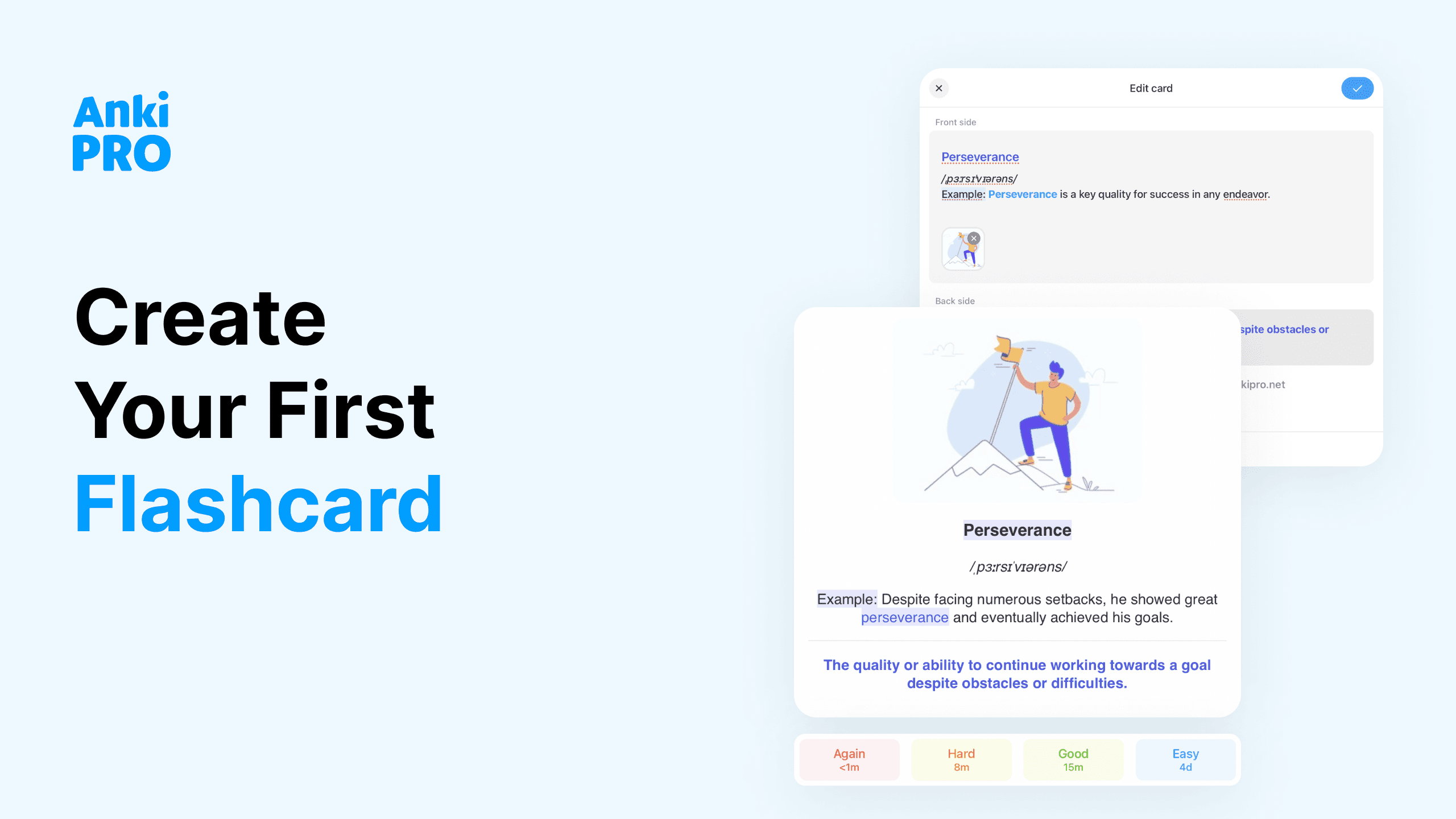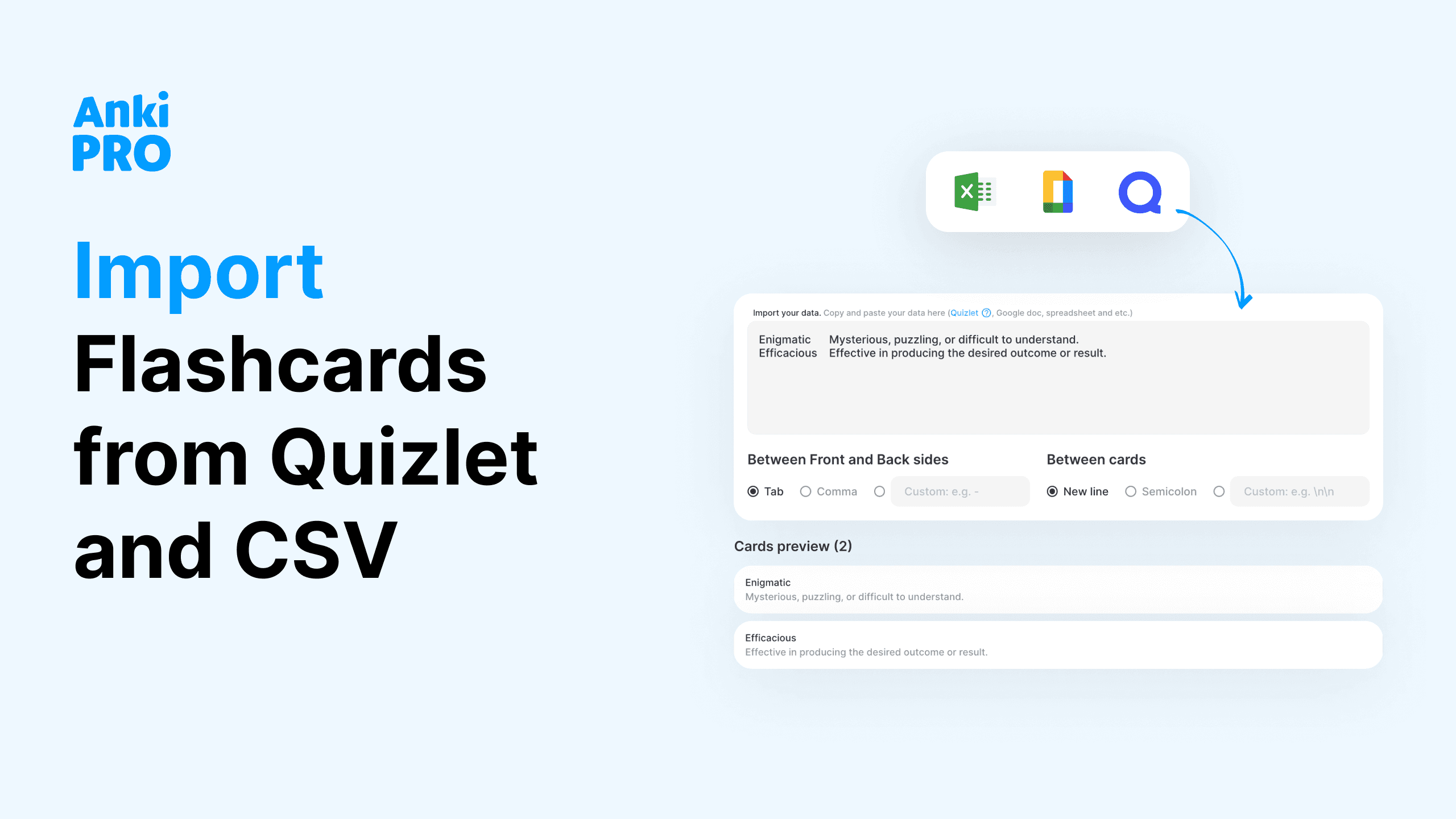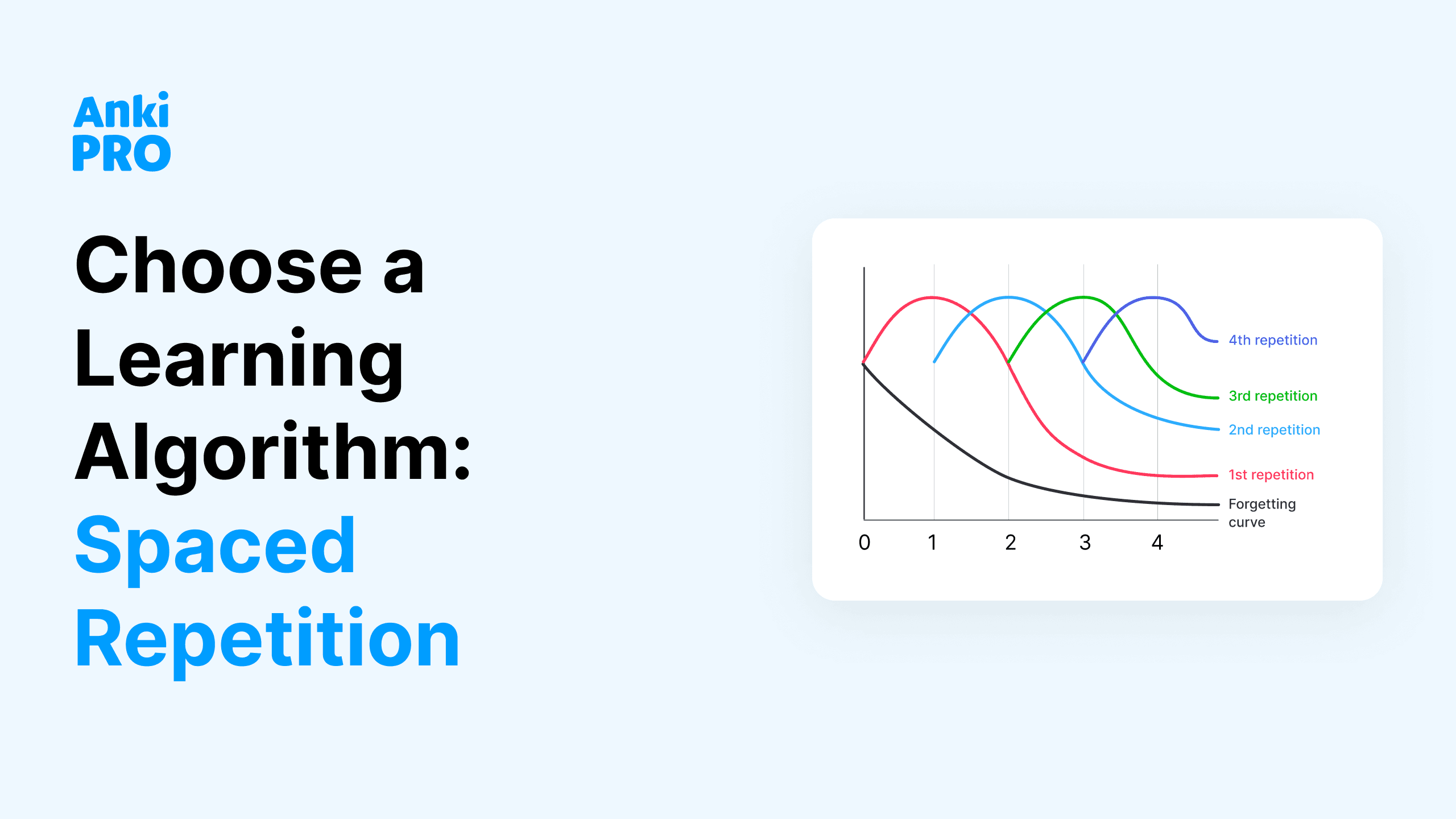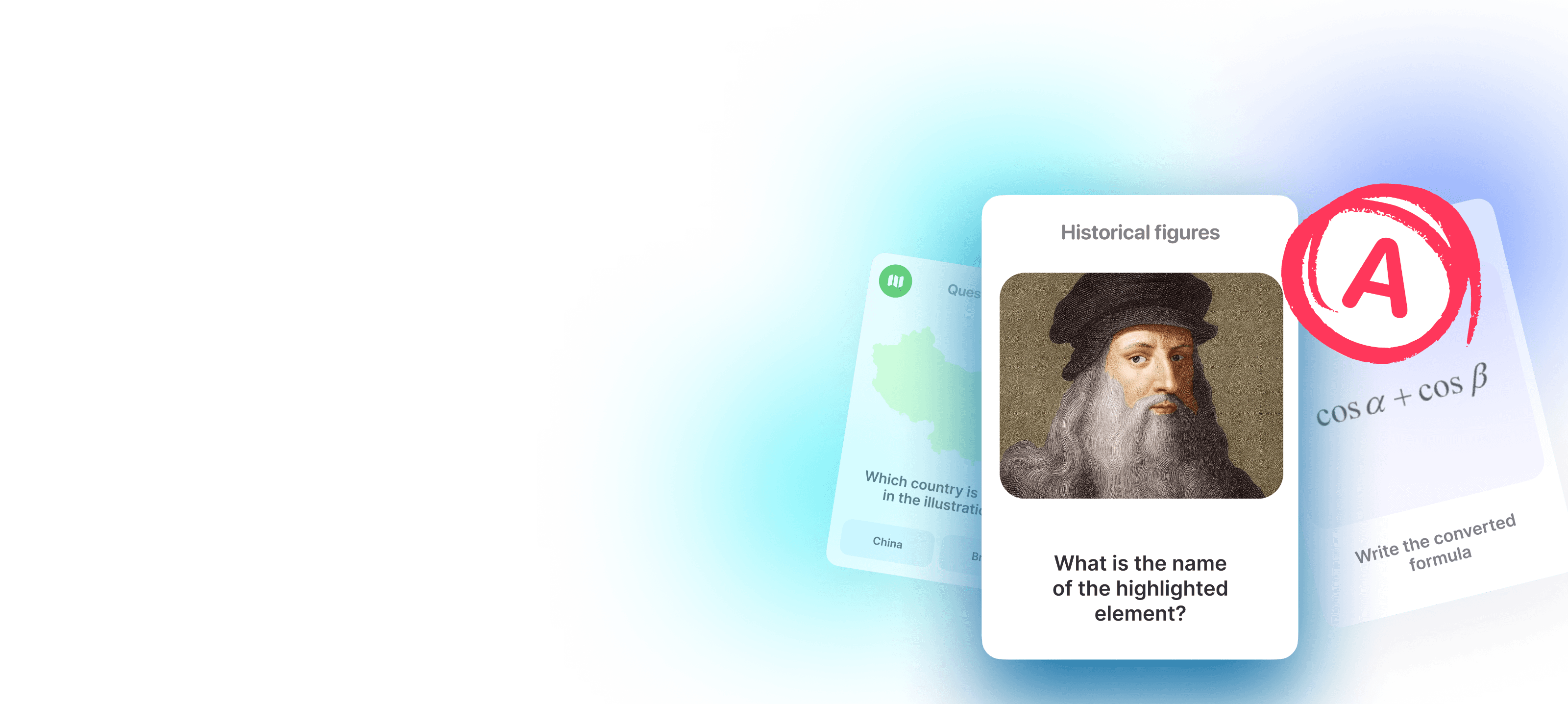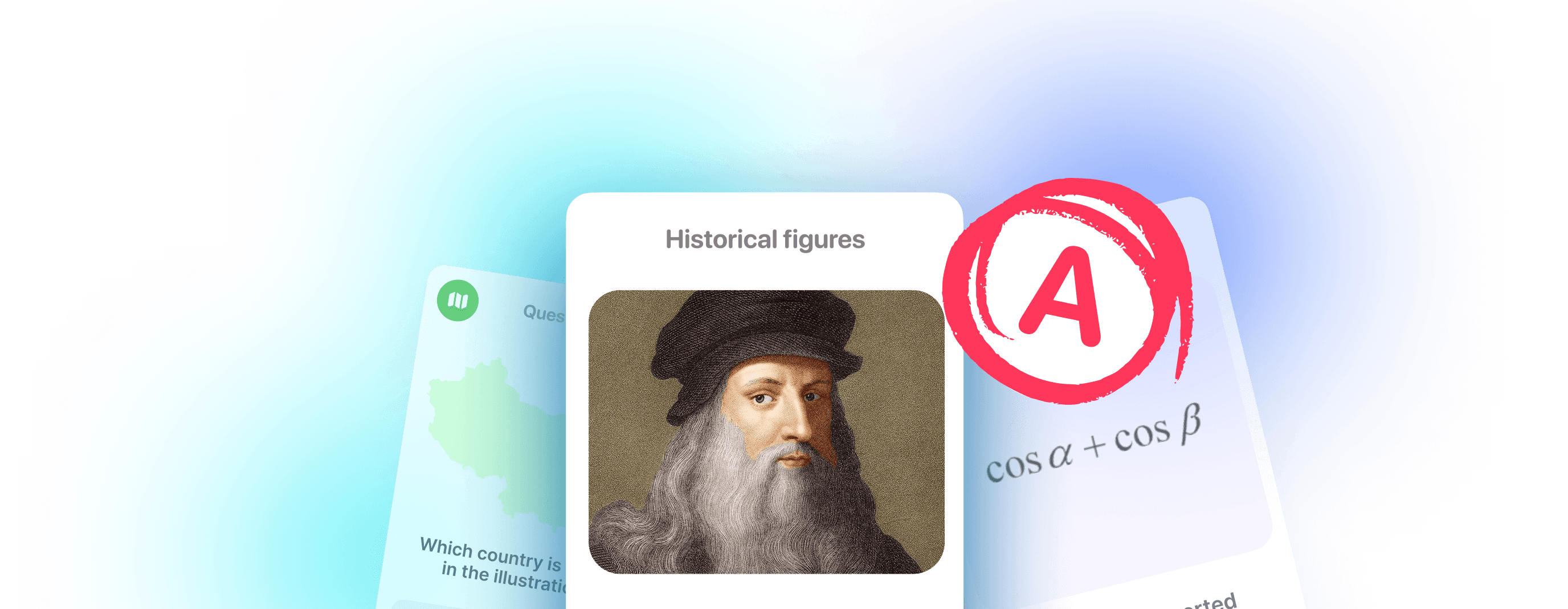Substances and Molecules: How to Study Chemistry With Flascards
Studying chemistry might be interesting and overwhelming at the same time. This science explains a lot about how organisms and sells function (like magic!) but learning and memorizing such a large amount of information takes time and effort.
Is Studying Chemistry Complicated?
If you have chosen to study chemistry course or even want to become a professional chemist you might already know that it is a challenging subject. Chemistry often combines abstract concepts, practical skills, and mathematical applications, which can make it seem daunting. But the moment when you realize the answer to some complicated practice question or get to the deep meaning of an advanced law of organic chemistry — is truly enjoyable and rewarding. Like you a cosmic scientist and you have just opened an entire universe. Especially if you are a science fan and can’t imagine yourself without studying chemical reactions.
Why Chemistry Flashcards Are Effective
Traditional methods of studying, such as reading books and reviewing class notes, may not be effective for learning large amounts of complicated information. You can study with them as an organic chemistry as well as atomic structure and chemical reactions.
Flashcards, a simple yet powerful tool, are efficient for breaking down and memorizing key information. Using active recall and spaced repetition, flashcards transform studying from passive reading into an engaging, brain-boosting exercise. Whether tackling the periodic table, chemical reactions, or organic mechanisms, this method can help you retain crucial details and build a strong foundation in chemistry.
Best Decks to Study Chemistry
Here we recommend several decks to study chemistry with flashcards on different levels.
🔮 General Chemistry Flashcards 1
The deck is more suitable for beginner learners or revising basic information. The chemistry flashcards consist of basic formulas and chemistry laws, electron configurations, elements and molecules descriptions, periodic table data and much more. There are no pictures, but the information is clear and easy to remember.

🔮 Biochemistry – Proteins and Amino Acids
The deck for more advanced studies, suits for university students and people who are really into biochemistry. It has concrete questions where you need to explain the reasons for processes and connections between events. Some chemistry flashcards have fill-in blacks.

🔮 Organic Chemistry Mechanisms
Organic chemistry formulas, practice problems and laws in short and easy-to-remember forms. Graphical visuals of formulas made in red and black colors make them very eye-catching and beautiful at the same time. The deck is not bi, only 54 flashcards.
🔮 Organic Chemistry Reactions (Chemical Reactions)
The same-style deck as the previous one, but devoted to chemical reaction processes and everything connected to it. Some formulas have short explanations and notes for better understanding. Lean formulas of organic chemistry easily and effectively with this chemistry flashcards deck.

🔮 Biochemistry- Glycolysis
Glycolysis is one of the chemical reactions that happen in cells to break down sugar (glucose) into smaller molecules, producing energy. The deck consists of questions and answers explaining the process such as: “How is glycolysis regulated in the liver? Explain the three control points.” A great way to learn and prepare for any exam that has a topic of glycolysis and other chemical reactions.
🔮 Chemistry Nomenclature: Binary Ionic and Polyatomic Ions
This high-level chemistry flashcards deck is for those who are already in the middle of studying organic chemistry as a science. Binary Ionic Compound names, names of transition metals, different formulas and other facts about ionic compounds. They are represented in the form of chemical equations to make memorization easier. Learn with this deck of chemistry flashcards to enhance your knowledge of chemistry.
🔮 Organic Chemistry Practice Problems
More practical deckof chemistry flashcards with real practice tasks on organic chemistry. A real way to train your skills in practice solving, and answering questions about chemical relations and other processes. The answers side of the chemistry flashcards consists of the explanations of how the problem should be solved. The perfect deck for exam preparations, studying chemical reactions and training your skill of solving practice questions.
🔮 Clinical Laboratory Science (Clinical Chemistry)
The deck is mostly for those who are into science and medicine, future doctors, or researchers. All chemical reactions and practical data you will need to know if you want to work in a laboratory. Will suit exam preparations and quick reviews. There are more than 500 chemistry flashcards that are you going to need to tell definitions, compare two materials, or give a correct answer to practice questions.

🔮 Biochemistry Amino Acids
Remembering the formulas of amino acids is quite a challenge for your memorization skills. Histidine, Glutamine, Asparagine and other acids you need to know if you study biochemistry. This chemistry flashcard deck will help to memorize them all using spaced repetition and active recall.
How to Use Chemistry Flashcards Effectively
It is not enough to find some good chemistry flashcards, you need to use them correctly and with maximum results. Here are some rules we recommend to follow.
🧪 Use Active Recall to Remember Chemical Equations
Try to recall the correct answer before turning the study card over. For deeper learning, explain the answer or concept in your own words. This helps solidify understanding, especially if you are solving practice problems and answering concrete questions about atomic structure or chemical reactions.
🧪 Practice Spaced Repetition and Don’t Forget the Atomic Structure
Review chemistry flashcards at increasing intervals (e.g., 1 day, 3 days, 1 week, 2 weeks). If you use Anki Pro it has an automatic spaced repetition system and will create an algorithm to help you go the study cards you get wrong more often. Set at least 20 minutes of your free time daily for going through chemistry and organic chemistry flashcards.
🧪 Mix Up the Order to Memorize Better
Shuffle the chemistry flashcards deck.Don’t memorize based on card order by mixing them regularly. Review cards from different categories to mimic real exam conditions.
🧪 Apply Chemistry Flashcards to Problems
Use Flashcards as Practice Prompts. When learning chemical reactions, atomic structure or formulas, apply them to sample problems or exercises.
Example: For a card with the formula for sulfuric acid (H₂SO₄), practice balancing a chemical equation where sulfuric acid reacts with another compound.
🧪 Quiz Others With Chemistry Flashcards
Create a group of people who love organic chemistry and other forms of chemistry. This science is an entire universe full of magical things, connections and reactions. Use chemistry flashcards to quiz each other, ask about atoms and atomic structure, and electron configurations, explain concepts, and discuss challenging cards. Explaining cards to a friend helps reinforce your understanding.
🧪 Regularly Update Cards While You Study More About Chemistry
Update definitions, add new examples, or create new chemistry flashcards. Learned about new atomic structure? Add a new card! Studied another chapter of organic chemistry? Plus another card!
Don’t forget to archive cards you know well to focus on weaker areas.
Now you not only know which flashcards deck to use to study chemistry, but also how to do It most efficiently! Good luck!






